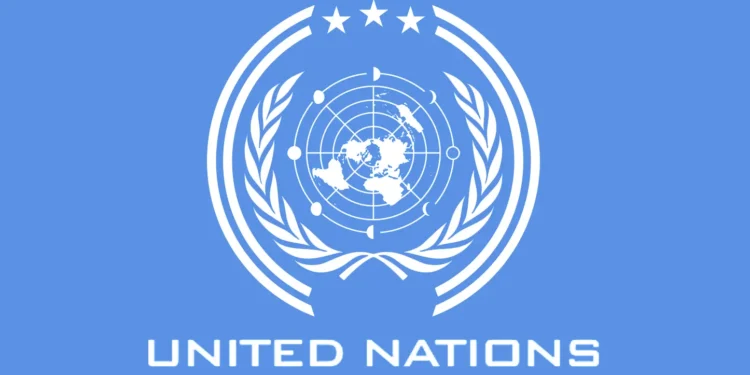The United Nations (UN) has issued a cautionary note in its World Economic Situation and Prospects report for 2024, stating that Nigeria’s escalating debt, surging inflation, and their impact on citizens’ welfare pose a threat to the nation’s economic growth in the coming year.
As of the second quarter of 2023, Nigeria’s inflation rate reached 28.2%, coupled with a significant increase in its debt profile, soaring from N49.85tn in the first quarter to about N87.38tn. This represents a staggering 75.35% surge, according to the National Bureau of Statistics.
Despite the UN’s estimation of an increase in Nigeria’s growth rate from 2.9% in 2023 to 3.1% in 2024, concerns linger over the potential impediments posed by mounting public debt, persistent inflation, rising living costs, and a weakened business environment, as highlighted in the report.
The report acknowledges that policy reforms, particularly in the hydrocarbon sector in 2023, contributed to a moderate improvement in Nigeria’s growth prospects for 2024, reflected in the 3.1% Gross Domestic Product (GDP) growth forecast.
“Policy reforms enacted by the government of Nigeria in 2023, especially in the hydrocarbon sector, have contributed to a moderate improvement in the country’s growth prospects for 2024, with GDP growth forecast at 3.1 per cent. However, ballooning public debt, persistent inflation and a rising cost of living, together with a weak business environment, will pose a downward risk to growth prospects,” the report stated.
The UN report suggests that efforts to enhance local oil refining capacity could potentially reduce domestic fuel costs in 2024 and beyond.
Globally, the report highlights low trade activity in 2023, with Africa mirroring this trend and minimal year-on-year growth in merchandise trade volume. While Africa’s GDP growth is projected to improve to 3.5% on average in 2024, external factors remain unfavorable due to a weak global economic outlook and limited external financing opportunities.
The report emphasizes the challenges faced by developing countries, such as high external debt levels and rising interest rates, making access to international capital markets difficult. It notes a decline in official development assistance and foreign direct investment, contributing to debt sustainability challenges.
In the context of Africa, the report underscores the significance of efforts to promote stronger intra-regional trade, including the ongoing implementation of the African Continental Free Trade Area (AfCFTA). However, the report indicates that these efforts are yet to yield substantial results.
Moreover, the UN report draws attention to the impact of climate change, emphasizing significant downward risks for African economies. Of the 68 climate-vulnerable countries in the Vulnerable 20 Group, 28 are African. The report cites exchange rate pass-through effects from currency depreciations, resulting in higher domestic prices for imports and increased inflationary pressures.
As Nigeria grapples with economic challenges, the UN urges continued efforts to address the multifaceted issues affecting the nation’s economic stability and growth.











